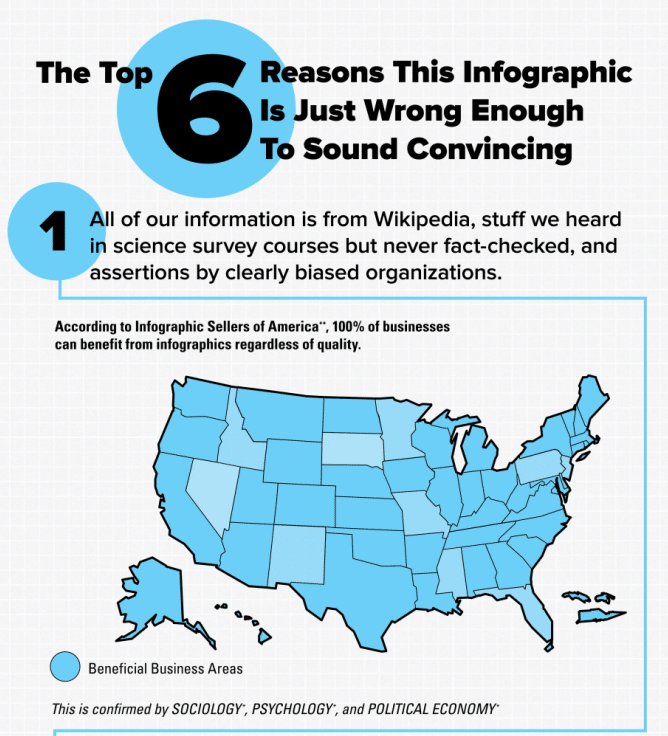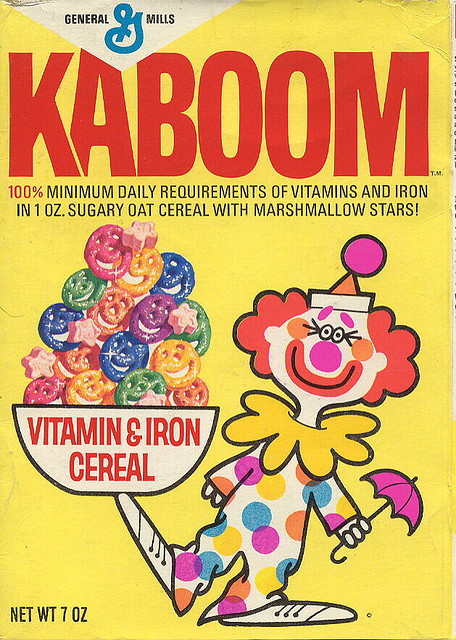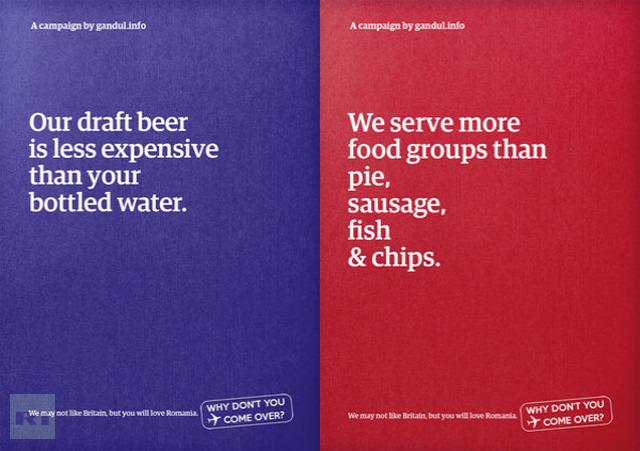Bruce Schneier on the rising tide of non-governmental surveillance:
Google recently announced that it would start including individual users’ names and photos in some ads. This means that if you rate some product positively, your friends may see ads for that product with your name and photo attached — without your knowledge or consent. Meanwhile, Facebook is eliminating a feature that allowed people to retain some portions of their anonymity on its website.
These changes come on the heels of Google’s move to explore replacing tracking cookies with something that users have even less control over. Microsoft is doing something similar by developing its own tracking technology.
More generally, lots of companies are evading the “Do Not Track” rules, meant to give users a say in whether companies track them. Turns out the whole “Do Not Track” legislation has been a sham.
It shouldn’t come as a surprise that big technology companies are tracking us on the Internet even more aggressively than before.
If these features don’t sound particularly beneficial to you, it’s because you’re not the customer of any of these companies. You’re the product, and you’re being improved for their actual customers: their advertisers.






